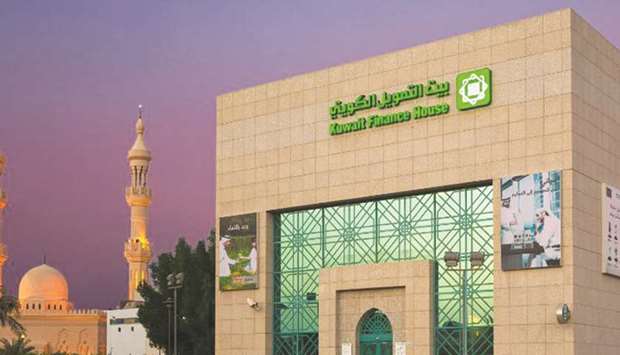The bank, known as KFH, is looking into opening a branch in China and may apply for a licence to operate in Egypt, one of the Middle East’s most populous countries, Mazin Saad al-Nahedh said in an interview on Sunday from the bank’s headquarters in Kuwait City.
“There are opportunities for a Kuwaiti bank to operate in China,” al-Nahedh said. “We’ve thought about it because of China’s emergence, obvious importance to the world economy. We’re reaching saturation, particularly in the GCC banking system.”
In Egypt, KFH, which has assets of about $57bn, is looking at options to buy an existing license to operate there, he said.
Banks in the region are also facing deteriorating conditions as oil prices remain lower for longer, leading to a decline in government spending, slower economic growth and falling asset quality. In Kuwait, “while the acceleration of Islamic banking outpaces conventional banking, we see that pace is slowing down because the market is pretty much reaching equilibrium,” al-Nahedh said.
KFH is “cautiously optimistic” about its operations in Turkey, al-Nahedh said. Its subsidiary Kuveyt Turk contributes 22% to the group’s bottom line as of the end of June, he said. The bank expects credit growth of no less than 20% to 25% over the next three to four years as long as base rates remain where they are. Opportunities in the country are “vast” with significant infrastructure projects and “good growth on the SME side and in certain corporates.”
As KFH continues its restructuring and sale of non-core assets, the bank is studying offers for its stake in Aref Investment Group, which it aims to sell by the end of the year, al-Nahedh said.
While KFH hasn’t started talks to buy Bahrain’s Ahli United Bank, the rationale for such a deal would be increasing shareholder value and building a stronger franchise, al-Nahedh said. Any such deal could “be financed through issuance of sukuk, raising capital through an IPO, or the new offering per se of new shares, that would be uptaken by potential investors,” he said.
KFH is in talks to buy Ahli United, a person familiar with the matter said in May, in a deal that would create one of the Middle East’s largest Islamic lenders with about $85bn of assets.
Although a KFH-Ahli United merger would present significant integration challenges owing to the banks’ geographically dispersed asset bases, it would be credit positive for KFH, Moody’s Investors Service said.
“We’re looking to diversify our operation, so if the target offers that diversification, more than welcome,” al-Nahedh said. “If it opens the door to new geographies for expansion, if they have the right skill sets in terms of staff, that’s also welcome, all of these are positives,” the CEO said of the possible purchase of Ahli United.
Al-Nahedh sees opportunities for Kuwaiti banks growing if more government projects materialise. “Oil prices will play a big role in basically the outlook of the country, even for the sentiment overall,” he said.

